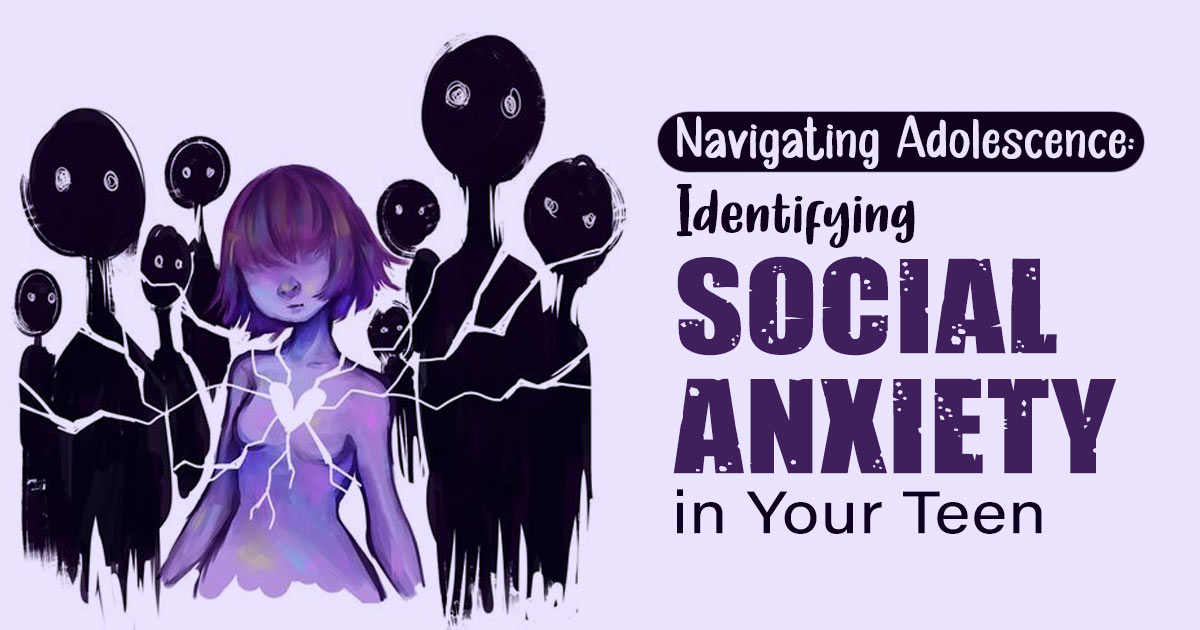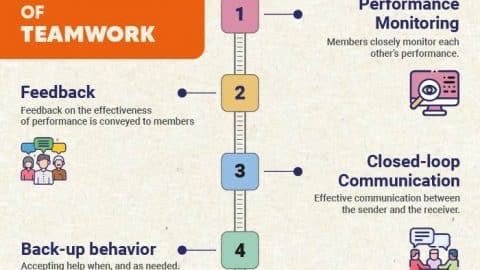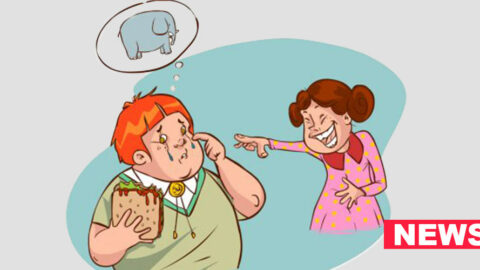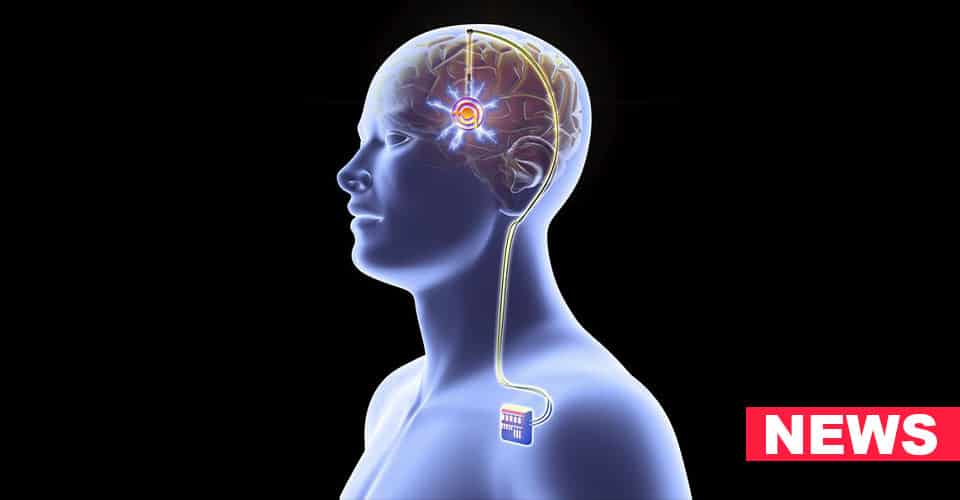Adolescence is a complex and pivotal stage of development, characterized by profound physical, emotional, and social changes. During this period, teenagers navigate the challenges of forging their identities, developing peer relationships, and coping with a range of emotions, including social anxiety. This essay explores the intricate interplay between temperament, peer relationships, and social anxiety in teens.
Temperament And Its Role In Shaping Peer Interactions
Temperament, defined as an individual’s inherent and consistent emotional and behavioral traits, significantly influences how teenagers interact with their peers. Various temperamental traits can affect the quality of peer relationships:
1. Introversion vs Extroversion:
Teens with an introverted temperament may find it more challenging to initiate or sustain peer relationships, as they may feel drained by large social gatherings. On the other hand, extroverted teens may thrive in social settings, making friends more easily.
2. Emotional Reactivity:
High emotional reactivity may lead to increased vulnerability to peer-related stressors, making it more likely for a teenager to experience social anxiety when confronted with social challenges.
3. Sensitivity:
Highly sensitive teenagers may be more attuned to social cues and may react strongly to perceived rejection or criticism from peers, potentially contributing to the development of social anxiety.
4. Adaptability:
Teens with high adaptability may find it easier to adjust to new social situations and build diverse peer networks. Those with lower adaptability may struggle to cope with social transitions, increasing their vulnerability to social anxiety.
Peer Relationships And Their Impact On Social Anxiety In Teens
Peer relationships are central to a teenager’s life, providing not only companionship but also opportunities for identity formation, emotional growth, and social learning. However, these relationships can also become sources of stress, especially when teens face challenges like social anxiety:
1. Peer Acceptance And Rejection:
Peer relationships heavily influence a teenager’s self-esteem and self-worth. Rejection or a lack of acceptance by peers can contribute to social anxiety, as it reinforces negative self-perceptions and leads to feelings of isolation.
2. Bullying And Teasing:
Bullying or teasing by peers is a potent source of social anxiety among teenagers. Constant harassment can leave emotional scars, erode self-confidence, and lead to social withdrawal.
3. Social Comparison:
Adolescents are prone to comparing themselves to their peers, and this tendency can exacerbate social anxiety, as they may perceive themselves as lacking in comparison to others.
4. Cliques And Social Hierarchies:
The formation of cliques and social hierarchies within peer groups can create feelings of exclusion, leading to social anxiety, especially in teens who don’t fit neatly into these structures.
5. Social Media And Cyberbullying:
The pervasive use of social media in teen culture can expose them to cyberbullying and the pressure to maintain a curated online presence, which can exacerbate social anxiety.
The Development And Manifestation Of Social Anxiety In Teens
Social anxiety disorder, also known as social phobia, is characterized by an intense fear of social or performance situations in which the individual may be scrutinized or judged. It often begins in adolescence and can have a profound impact on a teenager’s life:
1. Physical Symptoms:
Social anxiety often manifests with physical symptoms like blushing, sweating, trembling, a rapid heartbeat, or an upset stomach when faced with social situations. These physiological responses can be distressing and stigmatizing for teens.
2. Avoidance Behaviors:
To cope with their anxiety, adolescents may develop avoidance behaviors, steering clear of social situations, isolating themselves, or using avoidance as a coping mechanism.
3. Negative Self-Perceptions:
Adolescents with social anxiety tend to have negative self-perceptions and fear that others will perceive them as awkward, incompetent, or unlikeable.
4. Impaired Functioning:
Social anxiety can impede a teenager’s ability to perform academically, participate in extracurricular activities, and develop essential life skills. This can hinder their future opportunities and growth.
Supporting Teens With Social Anxiety
It is crucial to support and empower adolescents dealing with social anxiety, as these experiences can have long-lasting effects on their mental health and self-esteem. Here are strategies for providing this support:
1. Open Communication:
Encourage open and non-judgmental communication with teenagers. Let them express their feelings and thoughts about their social anxiety. Make them feel heard and validated.
2. Professional Help:
If social anxiety is significantly impacting a teenager’s life, consider seeking professional help. Cognitive-behavioral therapy (CBT) has been proven effective in treating social anxiety in teens.
3. Education:
Educate both teens and their parents about social anxiety to reduce stigma and increase understanding. Knowing that they are not alone in their struggles can be comforting.
4. Self-Esteem Building:
Promote activities and environments that help teenagers build self-esteem and self-confidence. Encourage them to pursue their interests and passions.
5. Peer Support:
Encourage teens to connect with supportive peers who understand their experiences. Peer support can be invaluable in reducing social anxiety.
6. Healthy Coping Mechanisms:
Teach adolescents healthy coping strategies, such as relaxation techniques, mindfulness, and problem-solving skills.
7. Social Skills Training:
Offer social skills training to help teens navigate social interactions more effectively and build their self-assurance.
The journey through adolescence is marked by the intricate interplay of temperament, peer relationships, and social anxiety in teens . Temperamental traits can shape how teenagers approach social situations, while their peer interactions significantly impact their emotional well-being.
Social anxiety, a common consequence of these dynamics, can have a profound impact on an adolescent’s development. Recognizing the importance of these factors and implementing strategies for support is crucial to helping teenagers navigate this transformative phase with resilience and self-assurance.



























